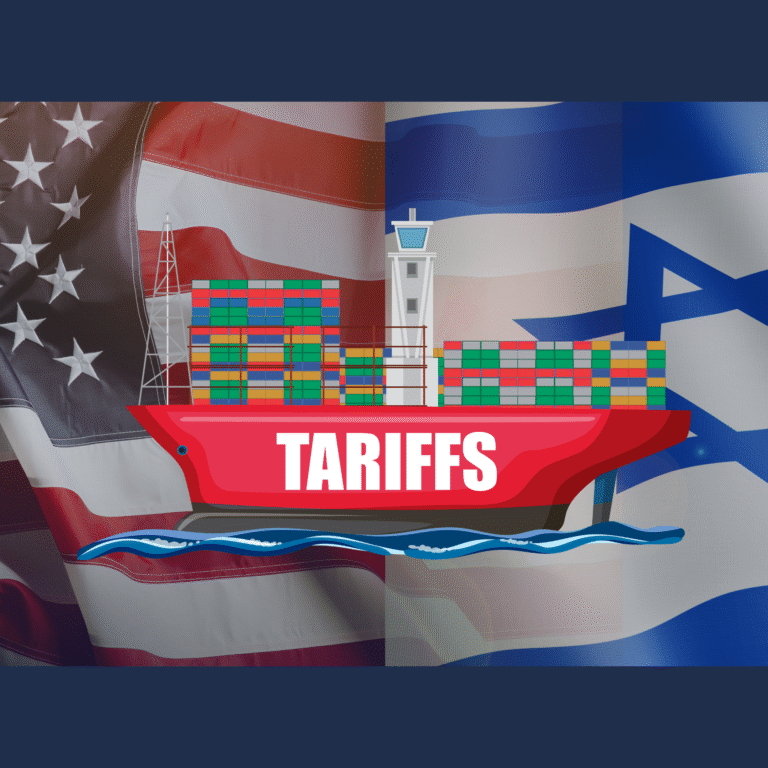

Here are six important investment tips for US persons moving overseas and changing their domicile to a foreign county. Here at Nardis, much of our focus is on Israel and the UK, but most of the principles listed below are relevant wherever you decide to move to.
#1 Watch for double taxation
The US taxes its citizens globally. There are tax treaties with most countries so you will most likely not be double-taxed on regular income etc., but you will pay residual US tax over a certain threshold ($107,600 for 2021) should the local tax rate be lower than that of the US.
Don’t expect go move to Dubai or another tax haven and expect to pay far lower taxes if you are a big earner.
#2 You may be liable to pay PFIC tax in the US
Taxes on investments are also usually covered by tax treaties – however, if you invest in non-US pooled vehicles such as local mutual funds or exchange-traded funds, this may be treated as regular pass through income regardless of whether you still held the investment.
This is called the Passive Foreign Investment Company, or PFIC, tax. It’s complicated and somewhat frustrating and your CPA can explain more.
The practical take is:
1. Keep your liquid investments in the US
2. If you do open a brokerage account in your new country, make sure that you invest only in individual stocks and bonds. If you are investing with the assistance of a financial advisor, instruct him or her to do so.
#3 Remember the 10-year “tax holiday”
This applies to expats moving to Israel, or back to Israel, from the US. If you live in Israel, you have a ten-year exemption on taxes on foreign income and investments.
In other words, your US investments and work you do there are only taxed in the US. US tax rates on investments are usually slightly lower than Israel tax rates, but this can never be predicted with certainty.
#4 UK taxation applies after seven years
If you have lived in the United Kingdom for over seven years, you will be taxed as a local. Tax rates on US pooled investment vehicles in the UK are typically higher than the US and you will pay the difference.
Therefore, for US citizens in the UK, you should only invest directly in stocks and bonds and a handful of US exchange-traded funds that have been approved for preferred tax treatment by Her Majesty’s Revenues and Customs (HMRC).
#5 There are important tax implications for non US business owners
If you are going to own and operate your own non-US business (US foreign controlled corporation) then consult a US CPA with regards to:
1. Whether you must continue to pay US social security taxes. The general answer is yes, but this depends on how you set up your business. And this may be levied irrespective if you are paying locally equivalent national insurance or social security.
2. How to avoid a rather onerous US tax called GILTI (Global Intangible Low Taxed Income) which may be levied in addition to any local taxes you may pay. It is not covered by a tax treaty
#6 Foreign exchange rates count!
Make sure that your local bank, or your advisor whether in the US or local, is giving you preferred foreign exchange spreads and commissions. This can add up.
Thanks for reading out blog about investment tips for US persons moving overseas. We are a wealth management firm whose primary focus is working with US citizens living abroad and expats.
If you would like to receive our updates, please sign up for the Nardis Advisors newsletter.
SUBSCRIBE to the Nardis Advisors YouTube channel or ongoing updates related to the markets, economy, and finance for expats.
CONTACT US to schedule a time to speak with Nardis Advisors regarding your portfolio and personal financial plan.
Norman H. Chait, CFA, Managing Principal, Nardis Advisors LLC,
June 28th, 2021
Disclaimer: Nardis Advisors LLC (“Nardis”) is a Registered Investment Advisory Firm regulated by the U.S Securities and Exchange Commission in accordance and compliance with applicable securities laws and regulations. Nardis does not render or offer to render personalized investment advice through this medium. The information provided herein is for informational purposes only and does not constitute financial, investment or legal advice. Investment advice can only be rendered after delivery of the Firm’s disclosure statement (Form ADV Part 2) and execution of an investment advisory agreement between the client and Nardis.





